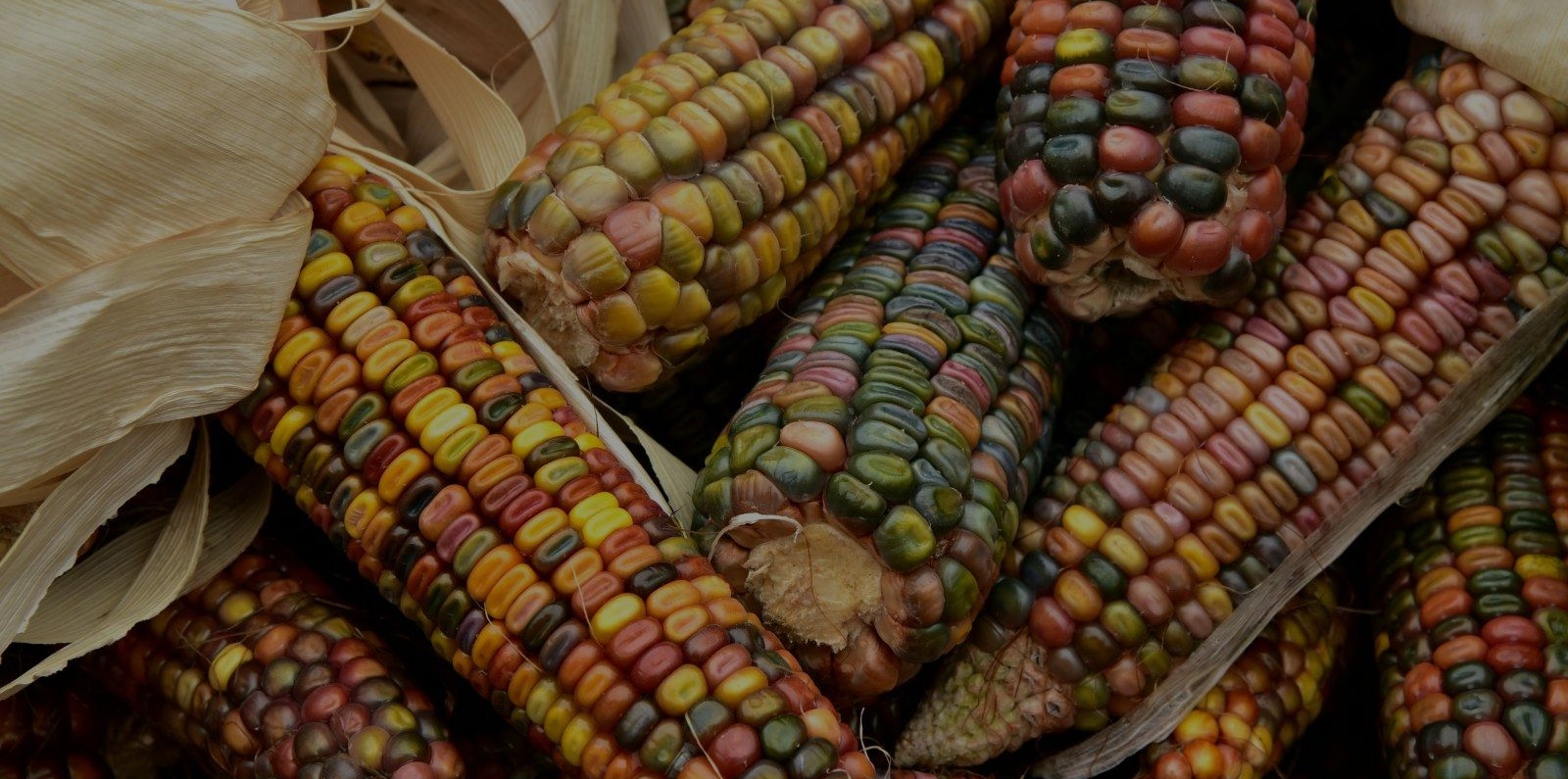About the Project
Tanzania is a leading producer of maize and groundnuts in the East African region, accounting for 2% of world production. They are the major staple foods, with maize contributing an estimated 35% of the average daily calorie intake and making up nearly half of the dietary requirements. More than half of Tanzanians live in rural areas and depend on subsistence agriculture for their livelihoods. However, these crops are highly susceptible to fungal infestation and aflatoxin contamination—the leading cause of liver disease and liver cancer in Tanzania—and reduces the country’s export-earning potential.
TANIPAC aims to minimize aflatoxin occurrence in the food system, leading to improved food safety and security and ultimately to improved health and nutrition, agricultural productivity, and trade. Through its infrastructure development component, the project will rehabilitate the Ministry of Agriculture’s National Bio-control Unit, establishing a post-harvest center of excellence for grains and a central agriculture reference laboratory for enabling mycotoxin control along the food production and supply chain. The project also carries out public awareness and education on food safety, nutrition, and aflatoxin mitigation. The private sector’s role in monitoring and quality control at all segments of the value chains is important, so the project establishes partnerships with commercial buyers to support advocacy and disseminate new technology on both the mainland and in Zanzibar.
Country
- Tanzania
Project Status
ActiveFunding
Country-led projectSupervising entity
- AfDB
Call Year
2017GAFSP Funding Amount
19.50Results
TANIPAC is still in its early stage of implementation. As of December 2021, the project has benefitted and built the capacities of 10,853 farmers, including 3,926 females. The project also has constructed and equipped two warehouses in Zanzibar and 12 on the mainland, employing bio-control measures.
Contact
Salum Ramadhani
s.ramadhani@afdb.org
Philip Boahen
p.boahen@afdb.org
